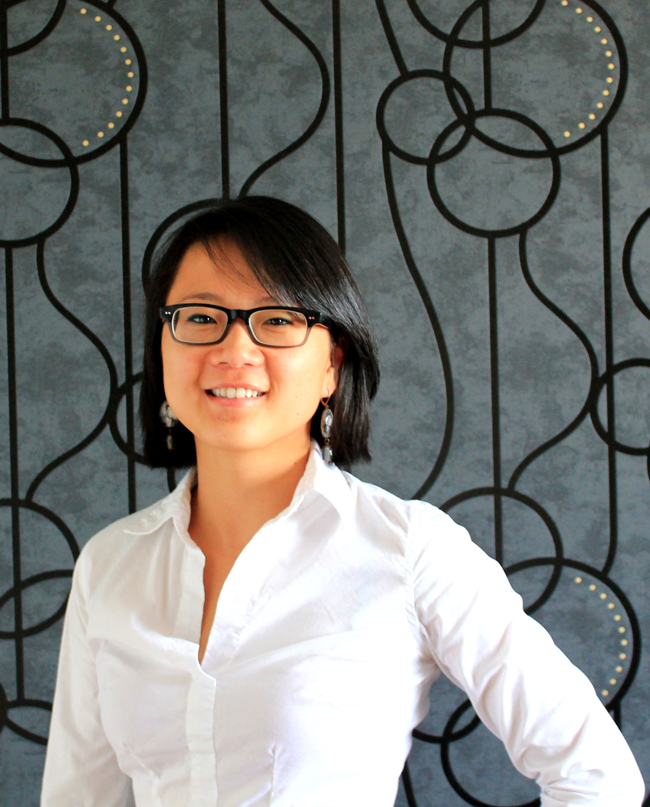
For many hard-working small business merchants in Montreal’s culturally diverse neighborhoods, taking time off work to go to French classes is simply not an option. The time, cost and scheduling make it nearly impossible, especially for those working 10- to 12-hour days. While she wanted to learn French to better serve her customers, Cecille Dela Cruz – hairdresser and owner of Cecilia Haute Coiffure in Côte-des-Neiges – admits “because I do haircuts, I’m busy, I have no time.”
It was precisely to help merchants like Dela Cruz that the Chamber of Commerce of Metropolitan Montreal launched the Merchant-Student Language Pairing. Funded by Quebec’s Ministère de la culture et des communications, the program hires students from McGill and other Montreal universities studying French language education, literature, linguistics, or communications to provide tutoring to small local businesses. The free tutoring sessions are provided on site, at times that are convenient to business owners. Because the program’s instructors gain valuable teaching experience (and earn modest wages) the arrangement is a “win-win” for all involved.
“For McGill, it’s a great opportunity to connect with the community, to really get outside of campus, and to create new partnerships with the community and with the organizations that value the French language,” says Nathallia Liakina, Director of the French Language Centre at McGill. Having started with a pilot project in Côte-des-Neiges, the program is now available to merchants in Côte-des-Neiges, Parc-Extension and Saint-Laurent.
When asked about his tutoring sessions with a McGill student, Mr. Zaheed Nakib – the Bangladeshi owner of Boutique Sheetol in Côte-des-Neiges – says “I feel good. It is difficult, but I am trying my best to learn and I’m very determined to learn [French]. I have a store and some of my customers only speak French, and I need to talk to them very badly, so this is my goal.”
McGill student Felycia Thibaudeau, in her third year of a BA in French Literature, says the experience has taught her flexibility because she realized quickly that she could not rely on traditional classroom teaching methods “You need to have more varied pedagogical approaches that involve interaction with your community. If I have a restaurant owner, I will try to teach him or her vocabulary that is very specifically related to food and customer service (but in a restaurant context).”
Liakina agrees. “It’s a good introduction to second-language teaching” she says. “Students have the theoretical knowledge, but it allows them to apply this knowledge to work in the field.”
McGill PhD student Edoardo Cagnan sees applications beyond the Island of Montreal. Having grown up in Italy and lived in France, he’s seen the challenges posed by large waves of immigration, and he’s witnessing the value of providing linguistic and cultural support first-hand. “I think this is a great initiative that deserves more attention and more research focus, both here and elsewhere,” he says.
Finally, beyond professional, practical and academic considerations, Thibaudeau reflects on how the experience has touched her personally. “I try to imagine moving to another country, having to make a living, making choices for my children; it can’t be easy,” she says. “So I think [the experience] helps us develop empathy; it makes us more sensitive to others.”
